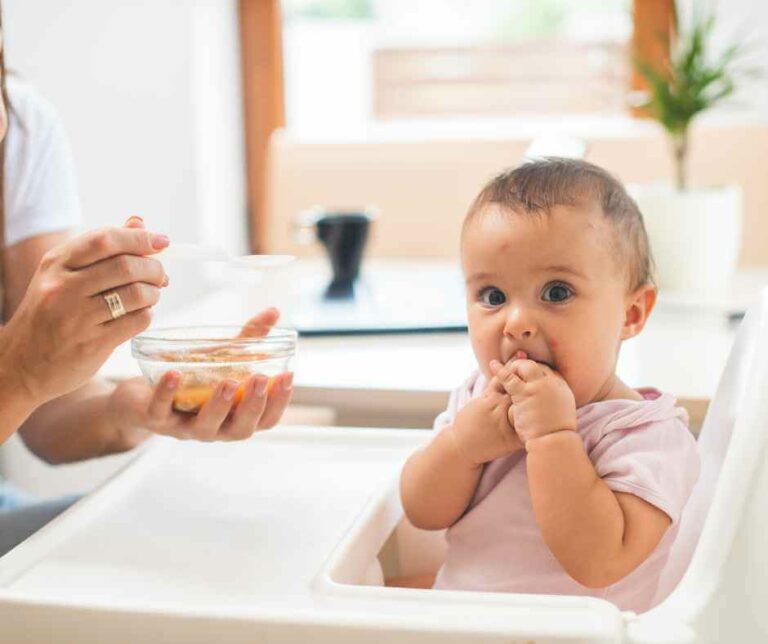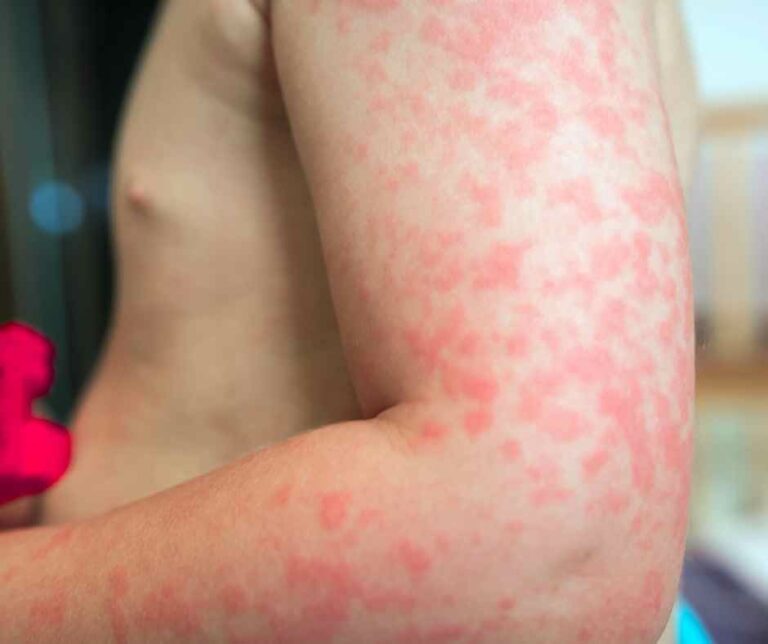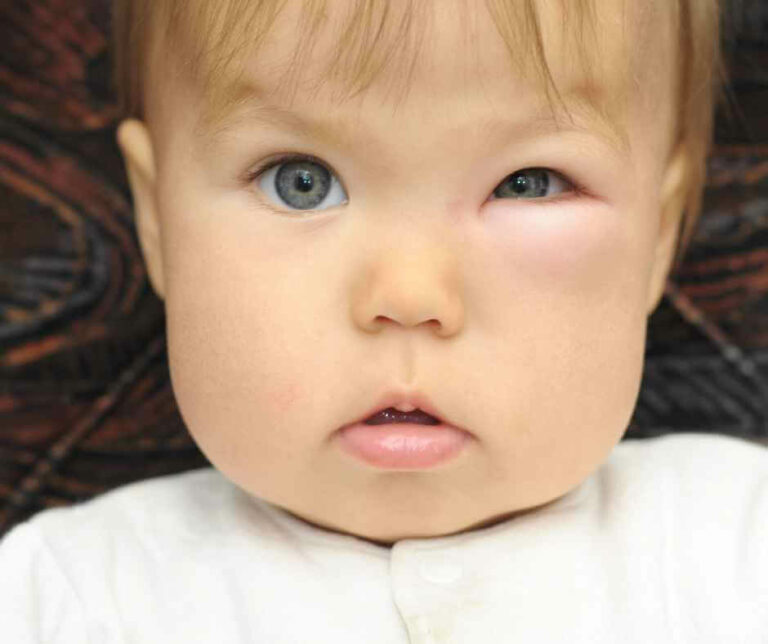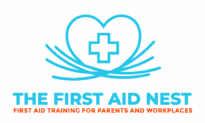3 Things You Need To Do When Your Baby Has An Allergic Reaction To Food

If you’re reading this article, chances are your baby had an allergy to a food that they ate. If you’re not sure what to do next, then read on!
We’ve put together these steps for you so that you know exactly what to do when your little one’s allergic reaction to food has happened.
What if your baby has an allergy to food?
When your baby has an allergy to food, the first thing you need to do is identify what is happening.
An allergic reaction occurs when the body’s immune system reacts to a particular food as if it were harmful. This can cause a range of symptoms, from a mild rash to difficulty breathing. If you’re not sure whether your baby is having an allergic reaction, it’s important to seek medical advice straight away.
Once you’ve identified that your baby is having an allergic reaction, there are a few things you need to do. First, remove the allergen from their environment if possible. If they’re eating a particular food that’s causing the reaction, stop giving it to them. Especially if it is one of the top 9 allergens:
It’s also important to give them any medication that has been prescribed by their doctor, such as antihistamines, you can also get these over the counter.
Finally, if their symptoms are severe, you should call emergency services or take them to the nearest emergency department.

What are the top 3 things that you need to do when your baby has an allergic reaction to food?
- The first thing you need to do is to identify the allergen, and remove it. Then take pictures of the reaction. There may be hives, or swelling to take note of. You could also take a video, this would help a doctor to be able to diagnose with all the information.
- When you visit your GP, they may decide to advise you to try again if they believe it was just a contact reaction, or a very mild reaction. Alternatively they may refer you to an immunologist. There is no ‘one-size-fits-all’ when it comes to allergy advice for GP’s as it depends on their experience with this particular problem. Some GP’s will be quite cautious and others may ask you to try the food again and let them know how you go.
If you do try the food again, make sure you do this after the morning nap when they are wide awake. Do not try food again just before bedtime.
- If your doctor refers you to an immunologist, please make sure this is a paediatric immunologist. Adult allergy is treated quite differently to childhood food allergy. Many children will grow out of food allergies, but as a child gets older the probability of them growing out of these reduces.
80% of children will grow out of their egg and milk allergies before school age. Another important thing to check is that the paediatric immunologist has skin prick testing equipment. Some specialists claim to have a special interest in allergy but only take blood tests to check for sensitivity.
Any doctor can write up a blood form for food allergies, it is then up to you to find a lab. However some don’t want to invest in buying skin prick testing equipment. The allergens are not cheap. This is a worry though as skin prick testing (SPT) is the gold standard in food allergy testing.
Blood tests may report a sensitivity to foods that your child is already eating.
I have seen many families with very limited diets due to a doctor telling them to cup out major food groups.
No allergy specialist should be giving you a plan moving forward without performing skin prick testing.
Blood tests definitely have a place in food allergy, especially for peanut allergy, giving us more of an idea of which children may have anaphylaxis, but it should not be used for first line investigations alone.
Signs of an allergic reaction.
These can include hives, swelling, difficulty breathing, and vomiting. If you see any of these signs, you should seek medical attention immediately. You also need to watch for signs of anaphylaxis, a severe allergic reaction that can be life threatening.

These include skin redness or swelling and wheezing, coughing or difficulty breathing and/or a swollen tongue. In this case, you should call emergency services immediately. Anaphylaxis can be fatal, Adrenaline (Epipen) is a treatment for anaphylaxis that can reverse many of its symptoms and save lives.
If your baby has an allergic reaction to food, the most important thing you need to do is seek medical attention immediately. Once your baby is stabilised, there are a few things you can do at home to help them feel better and avoid further reactions. Be sure to keep allergen-free foods on hand, and avoid exposing your baby to any potential allergens. With a little planning and preparation, you can help keep your baby safe and healthy.
Here are some other resources you may enjoy!
FREE GUIDE: The Nest Quick Reference Reaction Kit.
Get instant access to the:
Allergic reaction quick reference guide
How to spot allergy signs in babies & toddlers (it’s different!)
What to ask the Dr when they ask you to reintroduce a food
FREE GUIDE: The Nest Weaning Blueprint
Allergy Food Tracker
Keep calm and organised with a simple tracker that takes the stress out of introducing new foods, no more “did we try peanut yet?” panic.
Choking First Aid + Safe Food Prep Guide
Know exactly what to do in those critical seconds, calm, clear steps that replace fear with confidence.
Top 9 Allergy Foods Guide
Learn which foods matter most and how to prepare them safely, without confusing advice or second-guessing yourself.
Our Mum Memberships!
Ongoing support for mums of babies with food allergy, to guide you in those months between appointments, from a paeds allergy nurse who actually gets it
Weaning, choking and allergy help in 10-minute chunks, for mums who don’t have time to take another big course.
Follow for baby & child first aid and allergy info and tips on Instagram & TikTok, all @thenestcpr
Our First Aid Certificate Courses
We run most of the popular first aid courses Australia wide. HLTAID011 Provide First Aid, HLTAID009 Provide CPR, HLTAID012 Provide First Aid in an Education & Care Setting, RAMOAP (anaphylaxis), Mental Health first aid and CPR/LVR to name a few.
Book your public spot online or contact us if you have a group of 5+ people for onsite trainig
FREE Workplace Emergency Preparedness Plan: Grab this at the bottom of every page
